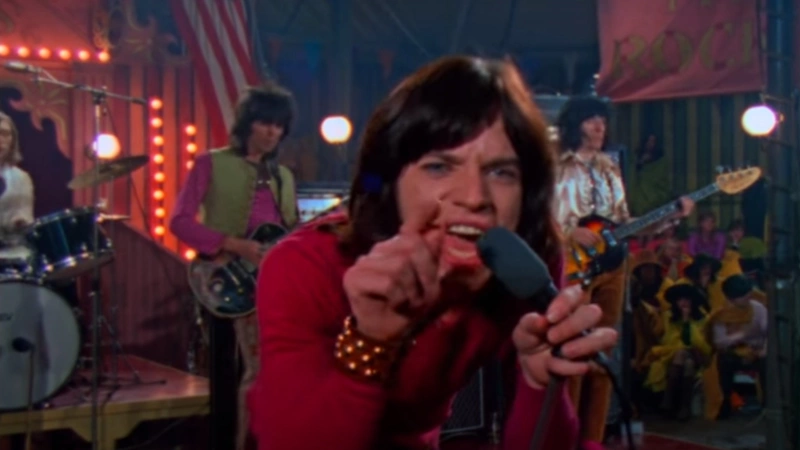
You cant always get what you want—but you’ll find—you get what you need.
I am in the middle of negotiating the end to a case with clear liability, clear damages, and some thorny legal issues. When I get towards the end of a case, mediation is often a way to resolve it. I rarely arbitrate cases these days. Mediation is basically a negotiation where both sides want the case to settle but cannot get close on settlement figures for various reasons. So, the parties turn to a mediator. Many of the courts offer a free mediation and we get all prepared to mediate the case and have it resolved only to find that the judge mediating the case is not nearly as effective as the private mediators that we all use on a regular basis. But, the court mediation is free. So, you paid nothing, but got an insufficiently effective outcome.
A friend of mine, Charles Forer, Esq. is a busy corporate litigation mediator. Before that, he was a litigator for decades at a large local law firm. This is a common career path for many mediators. Often, mediators come from the defense side so that insurance companies will agree to use them. I don’t usually care who the mediator is as long as they have proven effective in the past.
Consider the following scenario that faces many clients at a mediation: Imagine if you had to get to the hospital an hour away and your car was out of gas. You have a choice of putting pump 1,2, or 3 into your car. The pumps are unmarked. You are told one has gas, one has diesel, and one has water. Water will not get you to the hospital. Diesel will not get you there and will destroy your engine. Are you willing to guess and take a chance? Alternatively, there is a guy standing there with a 5 gallon bucket of gas that costs $10 a gallon. $10 a gallon? Outrageous. But, it gets you to the hospital. So, what do you do? Are you Phil Ivey, Phil Hellmuth, Texas Dollie? If you don’t know who these people are, I would suggest you take the bucket of gas and get to the hospital.
What makes for a good mediator? First, getting the case settled for a fair number. That is a number that is agreeable to my client and to the insurer. The insurer will have to be satisfied or else the mediator will not get future work from them. So, there is a balance between what my client wants, what the insurer can tolerate and what I think is the settlement value of the case.
A good mediator can get most personal injury cases under a million dollars settled within 3-5 hours or less. By the point a case gets to mediation, both sides are mostly ready for trial or the case is very clear after discovery. The prospect of trial adds urgency to the mediation.
Often, the mediator has to figure out a few things. One, what is the bottom line for the plaintiff and defendant. So, what is simply unacceptable or your walking away from the table. Second, there is the mediator has to scare both sides of the risks of trial. For my clients, many have dreamed of big paydays for two years and despite me trying to tamp down expectations, the mediator is usually the first person to tell them awful war stories of plaintiffs losing cases at a jury trial. For me, that is worth the cost of the mediator. There is always the tension between me and the client where the client wants more than the case may be worth. The value of any single case does not affect how financially successful my year is. Some settlements are bigger and some are smaller, but few if any are truly year changing. But, on the off chance that the client thinks I am trying to settle the case to get my legal fee, the mediator’s experience and war stories usually make it clear that what I am saying is the truth.
So, what is your case worth? Generally, there is a ballpark number for different injuries. Lawyers for both sides know roughly what a case could settle for regardless of the minutiae of the case. The client however does not have a clue as to how we got to that number. It is just years of experience. A jury could give you 100,000 or 400,000 or 3,000. The jury has no experience and no real means by which to assign a figure. So, mediation is a way to come to a number that is a success but not a huge lottery win. For most parties most of the time, it is a lot better than the uncertainty of going to a jury.
